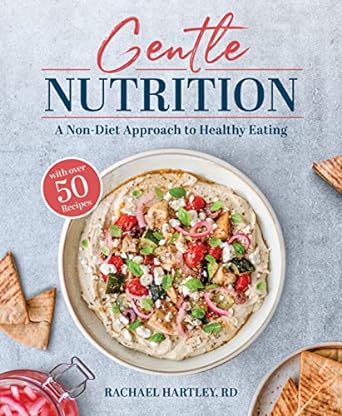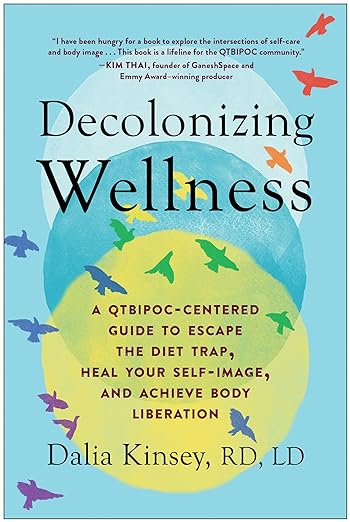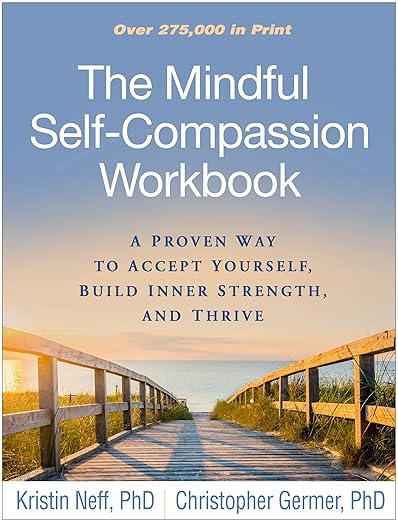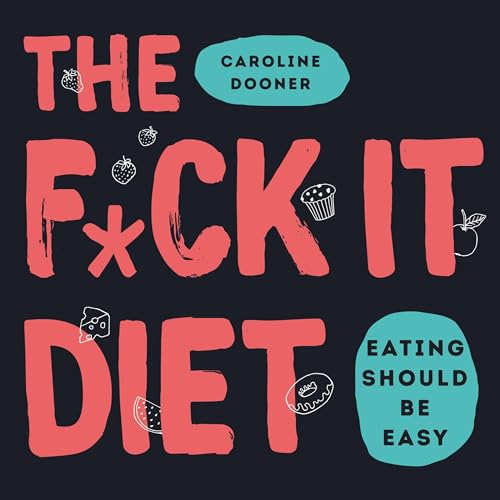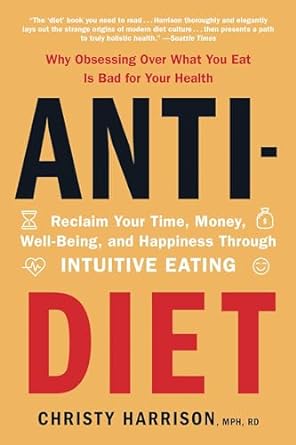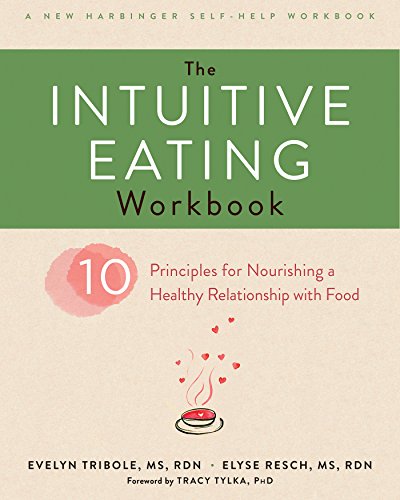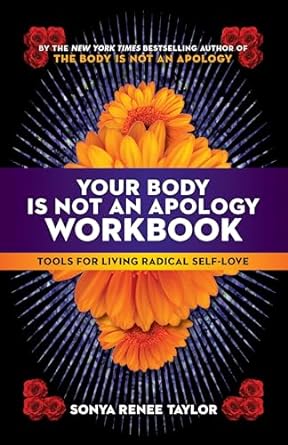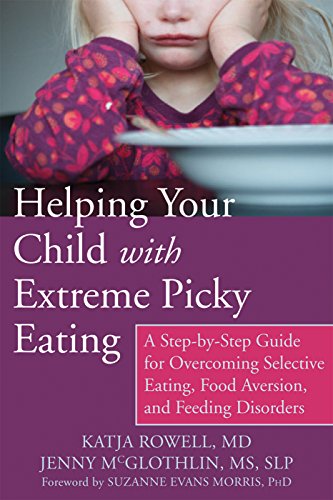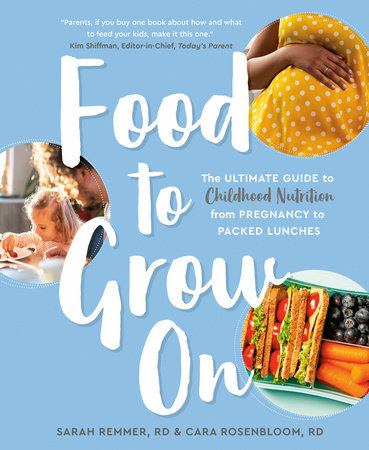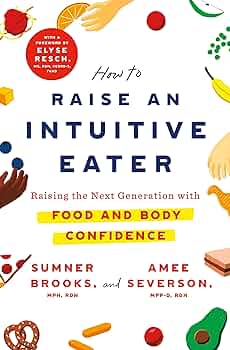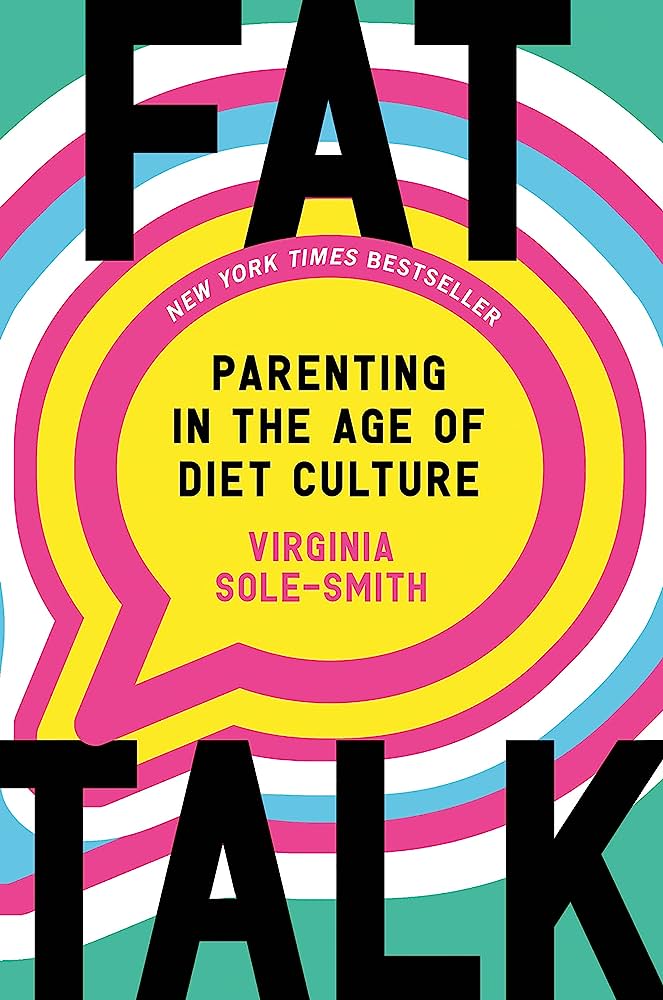 Take Aways
Take Aways
- Dietary supplements are part of a multi-billion dollar industry and many supplements are unregulated
- Be wary of any supplement that claims to cure all ailments
- A food first approach typically provides enough vitamins and minerals for healthy individuals
- Vitamin D is typically recommended and safe for people of all ages in North America
- A prenatal vitamin is recommended for folks planning to become pregnant or are pregnant
One of the most common questions we get asked as registered dietitians is, “Should I be taking any supplements?”
Like almost all answers in nutrition – it depends. An individual may benefit from a supplement depending on their health, typical food intake, dietary preferences, activity and other symptoms.
Which Supplements to Avoid:
An important thing to know about dietary supplements is that they are part of a multi-billion dollar industry with many new products appearing on the market daily. This can cause a lot of confusion for consumers and what you should be choosing for yourself or for your family. Unfortunately many products on the market are there to make money and not necessarily to support your health.
Supplement Red Flags:
- They claim to cure everything. If a supplement is making multiple claims from increasing energy, giving you flawless skin, fighting cancer and promoting longevity all in one pill than it is probably too good to be true.
- Natural does not always mean good. Just because a supplement is from a ‘natural source’ does not mean it is necessary or safe. There is such thing as ‘too much’ of a good thing. Concentrated mega doses of natural products can be harmful. If you are taking any other medications always review a supplement with your doctor or pharmacist to prevent any potential interactions.
- If a supplement is breaking your budget and you are choosing between food items on your grocery list or buying a supplement, it is probably not worth it.
We recommend a food first approach whenever possible. If you are eating a variety of foods from every food group multiple supplements are likely not necessary. That being said, there are a few supplements that we typically recommend to many people and are safe for the general public.
Vitamin D
Vitamin D helps our bodies absorb calcium and is essential for bone health. Vitamin D is limited in our food system but can be found in:
- Milk
- Fortified milk alternatives
- Eggs
- Some fish
Our body can synthesize vitamin D from the sun but since Canada is far from the equator this impacts our sunlight exposure. Cloud cover, smog and fog also reduces sunlight exposure and our ability to synthesize enough vitamin D. If you practice sun safety by wearing sunscreen or limiting time outdoors also prevents our bodies from synthesizing vitamin D. As we get older, it is harder for our bodies to create vitamin D.
How Much Vitamin D Should I Be Taking?
- Exclusively breast fed infants 400 IU (International Units)
- Children 1 – 19 years old 600 IU
- Adults 800 IU, although most supplements come in 1000 IU which is safe and appropriate to take.
Multivitamins
Our nutrient intake varies every day and that is totally normal. If we look at the average intake over a two week period it is likely that we are meeting individual vitamin and mineral needs. Multivitamin supplements can act as a safety net to provide additional nutrients and compliment a varied diet.
When to consider a multivitamin for your child:
- If they are going through a prolonged selective eating phase
- If they have less than 20 accepted foods
- If they do not consume an entire food group
Tip for choosing a multivitamin:
Choose a multivitamin supplement that contains iron as this can be a common deficiency especially in younger kids, typically gummy vitamins do not contain iron.
When to consider a multivitamin as an adult:
- If you are unable to consume all food groups
- If you have difficulty with digestion
- If you are going through a period of low appetite
Tip: not all multivitamins are the same, look for one that contains vitamin B12, iron, calcium and zinc if possible.
Prenatal Vitamins
It is recommended to start a prenatal vitamin before you try to conceive because often someone does not know they are pregnant until a few weeks after conception. Prenatal vitamins contain important vitamins and minerals that are essential in early fetal development.
What to look for in a prenatal vitamin:
- 400 micrograms of folic acid or more
- 15-27 milligrams of iron
- 400 international units of vitamin D or more
- 200 milligrams of calcium
Essential Fatty Acids (EFA)
Essential fatty acids are not made by the body and get them from our diet.
There are two types of EFA’s:
- Omega-3 fatty acids (eicosapentaenoic acids (EPA) and docosahexaenoic acid (DHA)
- Omega-6 fatty acids
Omega-3 fatty acids are crucial for the development and function of our nervous system starting at conception. Omega-3s are found in fatty fish, nuts, seeds, and plant oils such as flaxseed, olive oil, soybean and canola oil. If you or your child do not consume fish on a regular basis (1-2 times per week) consider an omega-3 fatty acid supplement that has DHA and EPA. If you follow a vegan or vegetarian diet or have a fish allergy, choose an algae-based supplement.
If you are unsure whether your diet is providing enough variety to meet vitamin and mineral needs and would like to review with a registered dietitian, please contact us.
Disclaimer: the information in this article is general evidenced-based nutrition information. It does not replace any recommendation provided by your clinician.
Authored by Lawren Fischer, RD
Pediatric and Family Nutrition
Disclaimer
Information provided by our dietitians is for general education and is not medical advice.


